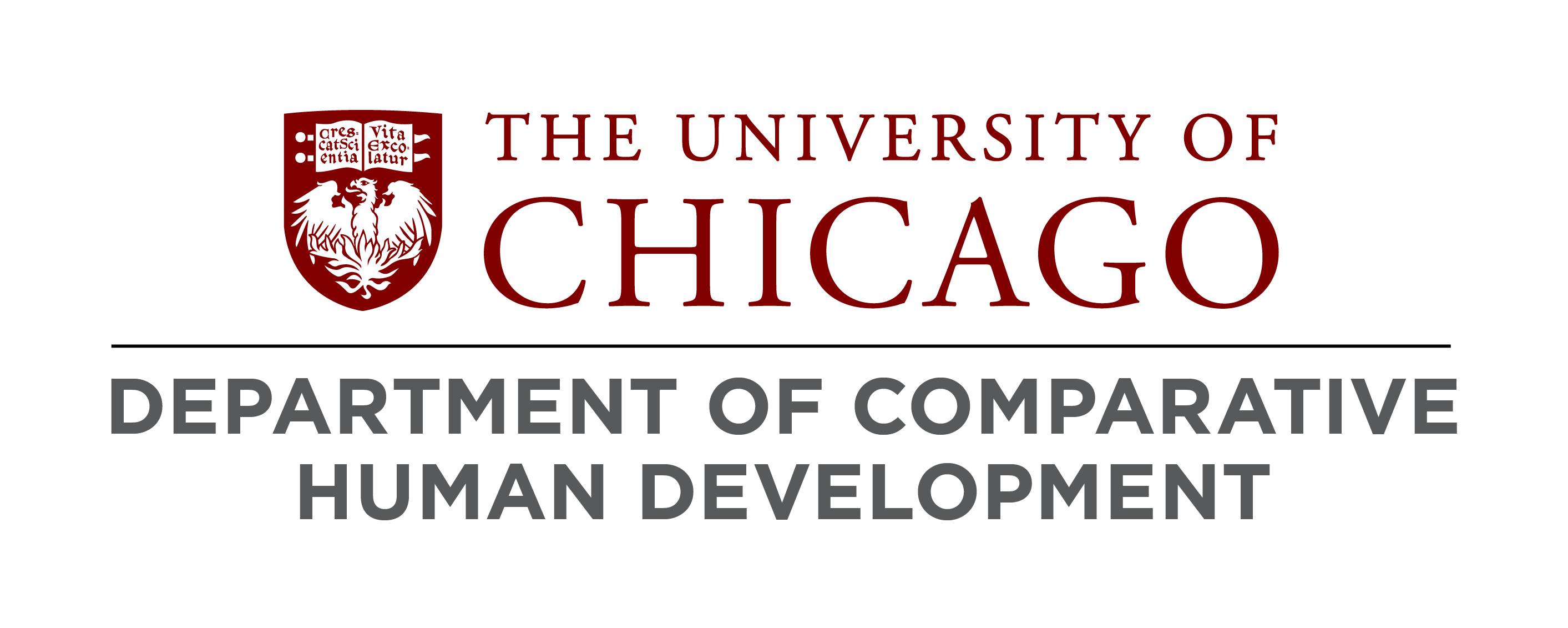
E. Summerson Carr is a professor at the Crown Family School of Social Work, Policy, and Practice, and an affiliate of the Department of Anthropology, Comparative Human Development and the Center for Gender Studies. As a sociocultural and linguistic anthropologist who conducts ethnographic studies of social work and allied professions, Professor Carr seeks to highlight what is fundamentally cultural about professional practices and organizations. More specifically, her work to date examines how culturally rooted ideas about language and personhood shape clinical interventions and social welfare administration, which in turn, refine these ideas by processing people and problems in accordance with them. She sustains broader interests in the cultural history of American psychotherapies, the politics of communication, the ethnography of complex institutions, and the anthropology of the United States.
Professor Carr’s first book, Scripting Addiction: The Politics of Therapeutic Talk and American Sobriety (Princeton, 2010), traces the cultural and clinical history of American ideas about addiction and sobriety and closely examines how these ideas are put into play at a drug treatment program for homeless women in the Midwestern U.S., where she conducted extensive research. The book addresses the puzzling question of why mainstream American addiction treatment entails rehabilitating drug users’ relationship to language as much as reconfiguring their relationship to drugs. The book received the Society of Linguistic Anthropology’s Edward Sapir Award, and has been reviewed by American Anthropologist, Choice, Contemporary Sociology, Dicourse Studies, Ethnos, Hedgehog Review, Journal of Linguistic Anthropology, Journal of the Royal Anthropological Institute, Qualitative Social Work, Social Service Review, Social Anthropology, Society, and Somatosphere.
Professor Carr's second book, Working the Difference: Science, Spirit and the Spread of Motivational Interviewing (2023), is based on her ethnographic study of an increasingly prominent intervention called Motivational Interviewing (MI). The book documents how helping professionals learn, train, and institutionalize MI in various practice settings, and how their ideas about the nature and meaning of their work transform accordingly. As in her earlier research, she asks what is fundamentally American about this intervention, a question that takes on special relevance given MI’s increasing international applications.
Carr's interest in pursuing the anthropological study of contemporary American social work developed largely from her own professional experience as social worker. She was a client organizer in a drug treatment institution, a program evaluator of a homeless services collaborative, and served as a coordinator of a participatory action research project with Hmong women in Detroit.
At SSA, Professor Carr teaches a research class focused on ethnographic methods, the winter term of the required policy sequence, and an advanced HBSE course called, Drugs: Culture and Context. She co-sponsors The Council for Advanced Studies Workshop on United States Locations, which is dedicated to engaging currents in the anthropology of the United States.
Professor Carr received a Ph.D. in Anthropology and Social Work at the University of Michigan, where she also earned an M.S.W., an M.A. in Anthropology, and a Graduate Certificate in Women's Studies.
 THE UNIVERSITY OF CHICAGO
THE UNIVERSITY OF CHICAGO

